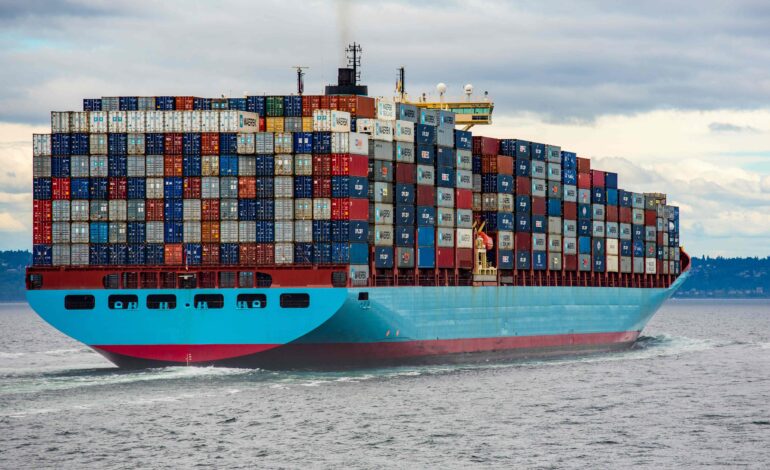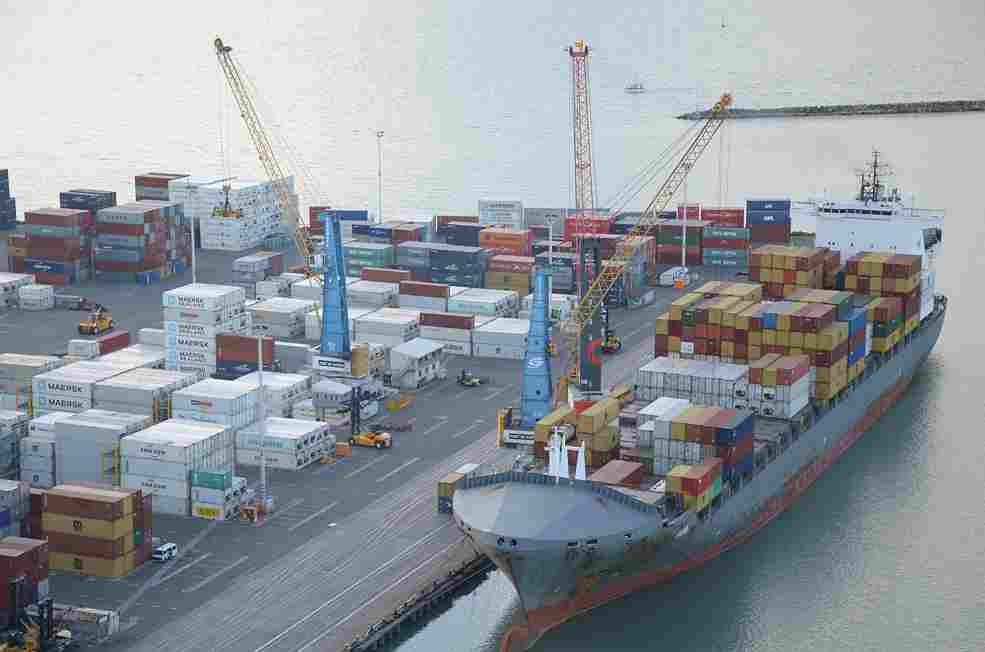In the maritime industry, sustainability certifications for bunker fuel suppliers are becoming increasingly critical as stakeholders prioritize environmental responsibility and regulatory compliance. This article explores the significance of sustainability certifications, their impact on the industry, the certification process, and the benefits they offer to suppliers and the environment.
Importance of Sustainability Certifications
Sustainability certifications serve as a testament to a bunker fuel supplier’s commitment to environmental stewardship and sustainability. They provide assurance to shipping companies, regulatory bodies, and the public that the fuel supplied meets stringent environmental and social responsibility criteria.
Environmental and Social Criteria
Certification standards typically include:
- Emissions Reduction: Compliance with international regulations on sulfur content and emissions of sulfur oxides (SOx), nitrogen oxides (NOx), and particulate matter (PM).
- Resource Efficiency: Practices to minimize energy consumption and reduce greenhouse gas emissions throughout the fuel production and distribution chain.
- Social Responsibility: Adherence to fair labor practices, health and safety standards, and community engagement initiatives.
Certification Processes and Standards
Certification processes vary, but they generally involve:
- Assessment and Auditing: Independent assessment of the supplier’s operations, including fuel sourcing, production methods, and environmental impact assessments.
- Compliance Verification: Verification of compliance with applicable laws, regulations, and sustainability standards, often through audits and inspections.
- Continuous Improvement: Commitment to ongoing improvement in environmental performance and sustainability practices.
Types of Sustainability Certifications
Several prominent sustainability certifications in the bunker fuel industry include:
- ISO 14001: Environmental management certification focusing on reducing environmental impact and improving resource efficiency.
- Bureau Veritas Clean Ship: Certification verifying compliance with international environmental regulations and emission standards.
- Green Marine Certification: North American program assessing environmental performance and promoting continuous improvement in the maritime industry.
Benefits of Certification for Suppliers
Obtaining sustainability certifications offers numerous benefits for bunker fuel suppliers:
- Market Access: Access to environmentally conscious customers and markets where sustainability credentials are a prerequisite for business partnerships.
- Risk Management: Mitigation of regulatory and reputational risks associated with environmental non-compliance.
- Operational Efficiency: Implementation of sustainable practices that optimize resource use and reduce operational costs over the long term.
Industry Impact and Future Trends
Sustainability certifications are driving positive changes in the bunker fuel industry:
- Shift Towards Cleaner Fuels: Encouraging suppliers to invest in technologies and practices that reduce emissions and environmental impact.
- Regulatory Alignment: Supporting compliance with evolving international and regional regulations on marine fuel quality and emissions.
- Consumer Awareness: Increasing awareness among shipping companies and consumers about the importance of sustainable fuel sourcing and environmental responsibility.
Conclusion
Sustainability certifications for bunker fuel suppliers play a pivotal role in promoting environmental sustainability, regulatory compliance, and corporate responsibility within the maritime industry. As demand grows for cleaner and more sustainable shipping practices, certifications provide assurance that bunker fuels meet stringent environmental standards. By embracing certification processes and committing to continuous improvement, suppliers can enhance their market competitiveness while contributing to a greener future for global marine transportation.






